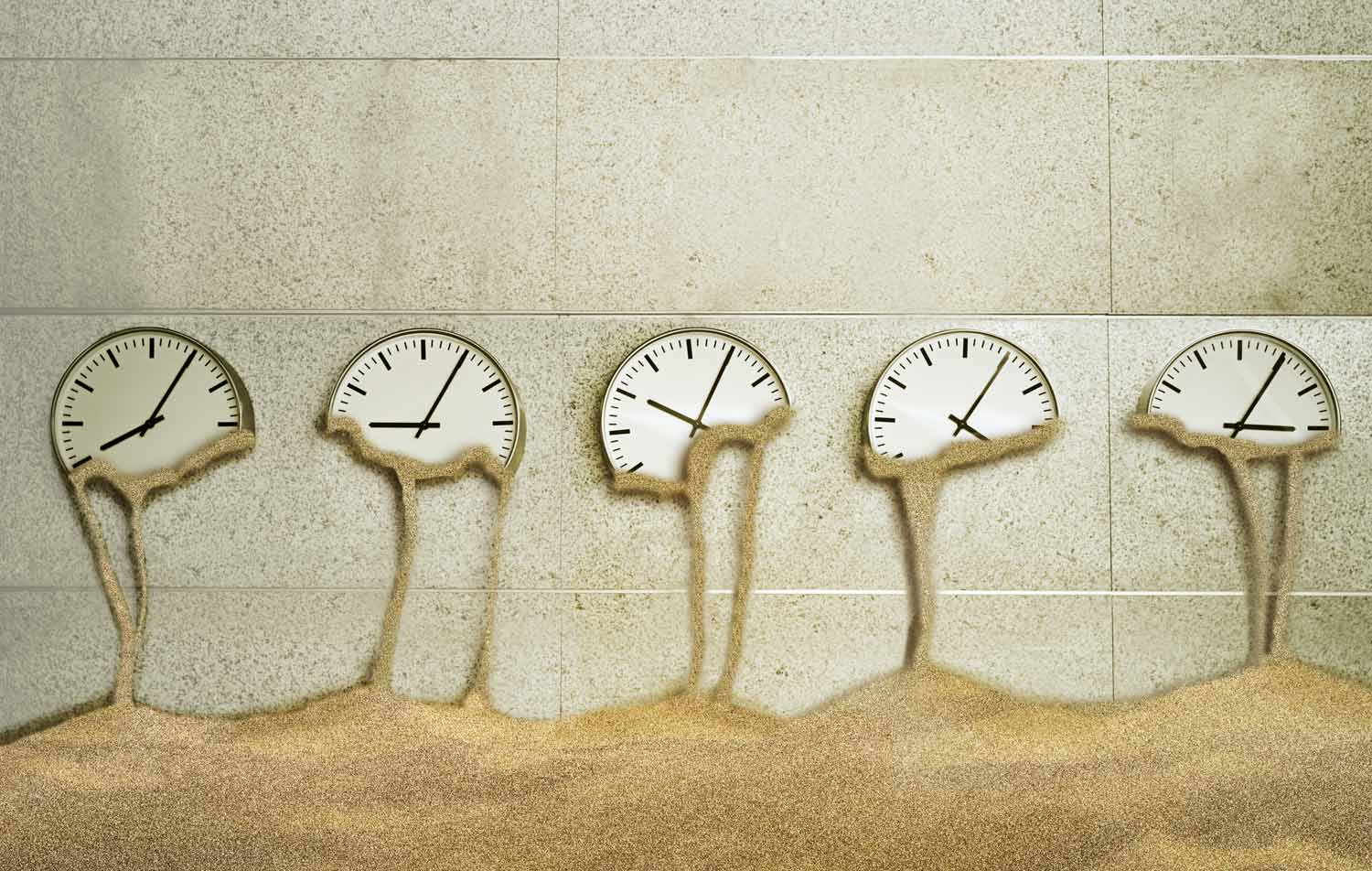Time is running out to use your tax allowances
The Government gives you a range of generous allowances each tax year. Many of these allowances don’t roll over between tax years – so it pays to ensure you are making the most of them by 5 April.
The value of investments can fall as well as rise and that you may not get back the amount you originally invested.
Nothing in these briefings is intended to constitute advice or a recommendation and you should not take any investment decision based on their content.
Any opinions expressed may change or have already changed.
Published on 19 Feb 20192 minute read

Your ISA allowance
Your ISA allowance is a generous £20,000. This allowance is the maximum you can pay into an ISA in a single tax year while taking advantage of their tax-free benefits. ISA allowances don’t roll over between tax years, so be sure to use as much of yours as you can by midnight on 5 April.
There is also a £4,260 Junior ISA allowance for making tax-free savings towards your child's future.
Pension contributions
Every year you can pay as much as you earn into your pension, usually up to a maximum of £40,000. This annual allowance shrinks by £1 for every £2 you earn over £150,000, down to a minimum of £10,000. If you have enough earnings you may be able to carry forward unused annual allowance from the last three tax years.
You get up to 45% tax relief on pension contributions within your annual allowance. This means that a total £10,000 pension contribution could cost an additional-rate taxpayer just £5,500. It therefore makes sense to use as much of your annual allowance as you can if you want to take advantage of this generous top-up from the taxman.
However, the rules are complex – our experts can give you more information and help you plan for retirement if you are a business owner.
Capital Gains Tax
If you own investments outside your pension or ISA, you could pay Capital Gains Tax when you sell or transfer them. The annual Capital Gains Tax allowance is £11,700. This means you can make up to £11,700 of gains this tax year without paying tax on your profits – but you can’t carry the allowance over between years.
When it comes to investments, Capital Gains Tax is usually charged at 10% for basic-rate taxpayers and 20% for higher and additional-rate taxpayers. For example, if a higher-rate taxpayer made a £20,000 profit when selling an investment they would pay £1,660 tax. But if they split the gain over two years, they would pay no Capital Gains Tax.
Personal Savings Allowance and Dividend Allowance
You won’t pay any tax on any interest from your savings accounts up to your Personal Savings Allowance. The allowance is £1,000 for basic-rate taxpayers or £500 for higher-rate taxpayers, but disappears for additional-rate taxpayers.
On top of your savings income, you can also receive up to £2,000 of dividend income from shares held outside of a pension or ISA without paying any tax.
Making financial gifts
Each tax year you get a £3,000 allowance for making financial gifts. Gifts within the allowance can be used to reduce a potential future Inheritance Tax bill, because they leave your estate immediately. The allowance can be carried forward one year, giving you a maximum £6,000 allowance. You can find out more about the rules in our guide to estate planning and Inheritance Tax.
Speak to an expert about your tax allowances
For more information about using your annual tax allowances, why not get in touch with one of our experts? Call us on 020 7189 2400.